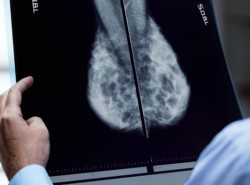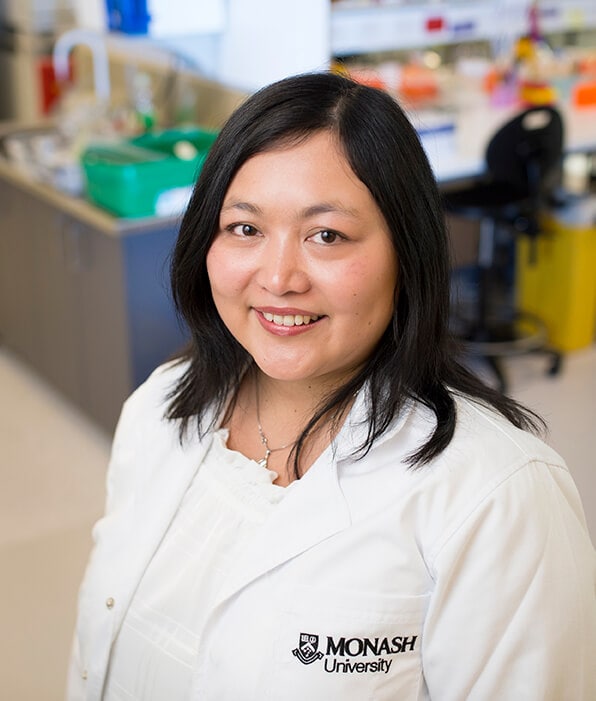
Understanding all the genes on genetic tests
Published: 10/10/19 12:21 AM

Tu Nguyen-Dumont
Genetic services and familial cancer centres across Australia investigate women and their families when there is an evident inherited predisposition to breast cancer, due to a family history of cancer for instance.
Primarily the doctor is looking to see if these women have mutations in the BRCA1 and/or BRCA2 genes – genes that have been specifically linked to breast cancer risk. However, most of these women do not have mutations in either of these genes.
Mutations in other genes having been recognised as playing a role, especially in cases where breast cancer is diagnosed at an early age. Until recently however, tests have been conducted one gene at a time, at very high cost. The testing process is slow and laborious, and most test results remain uninformative, despite great advances in research into breast cancer predisposition.
The revolution in our capacity to conduct genetic analyses in very recent years has had a profound impact on how genetic testing services can be applied. New technology is enabling multiple genes to be screened for mutations in a single test, at considerably reduced cost
However, the choice of genes to include in panel testing needs careful consideration. Around 20 genes are currently included in commercial panel tests.There is very little known about these additional genes or whether they are actually associated with breast cancer risk. Essentially the information in the report beyond BRCA1 and BRCA2 is not useful to either the patient or the doctor and is ignored.
There is an opportunity to make genetic tests an even more powerful tool in determining women’s genetic risk of developing breast cancer by ensuring the cutting-edge technology is providing only clinically useful information.
NBCF is funding a research project aimed at better understanding the genes used in genetic tests to maximise the potential of genetic testing and ensure better outcomes for women.
In this project, Dr Tu Nguyen-Dumont will analyse vast libraries of genes to determine whether the genes that are on the test are connected to breast cancer, and whether newly discovered genes should be added to the test.
The aim is to make genetic testing more comprehensive with the ability to identify genes beyond BCRA1 and BRCA 2 that also point to a woman having a higher risk of developing breast cancer.
With more information these women and their families can be better informed about their situation and make choices that could prevent them ever having to deal with predictable breast cancer.